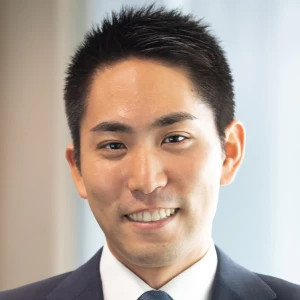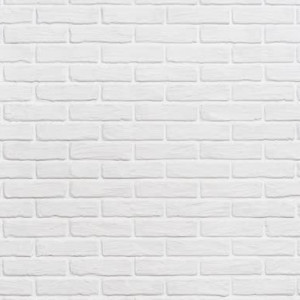I get the sense in the first round small mistakes such as arithmetic errors, missing out a small sub-bullet on the structure, not being very fluent in fit are still good enough to get to the final round. (from my current experience as well as colleagues who interviewed with me and are currently preparing for the final rounds in McKinsey APAC)
However I'd like to know what the bar is for the final round - do you have to be aboslutely perfect? Is there no room for human error?

















